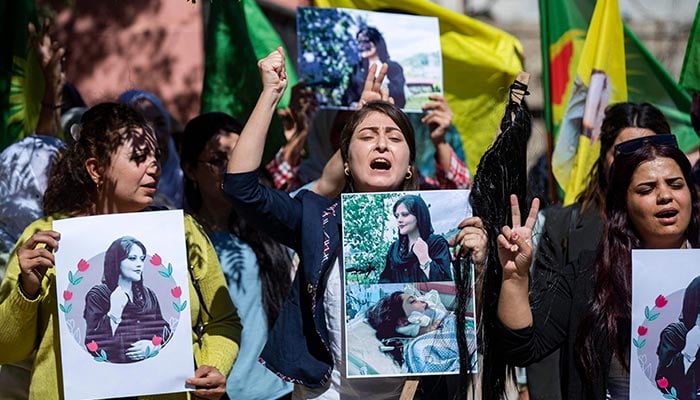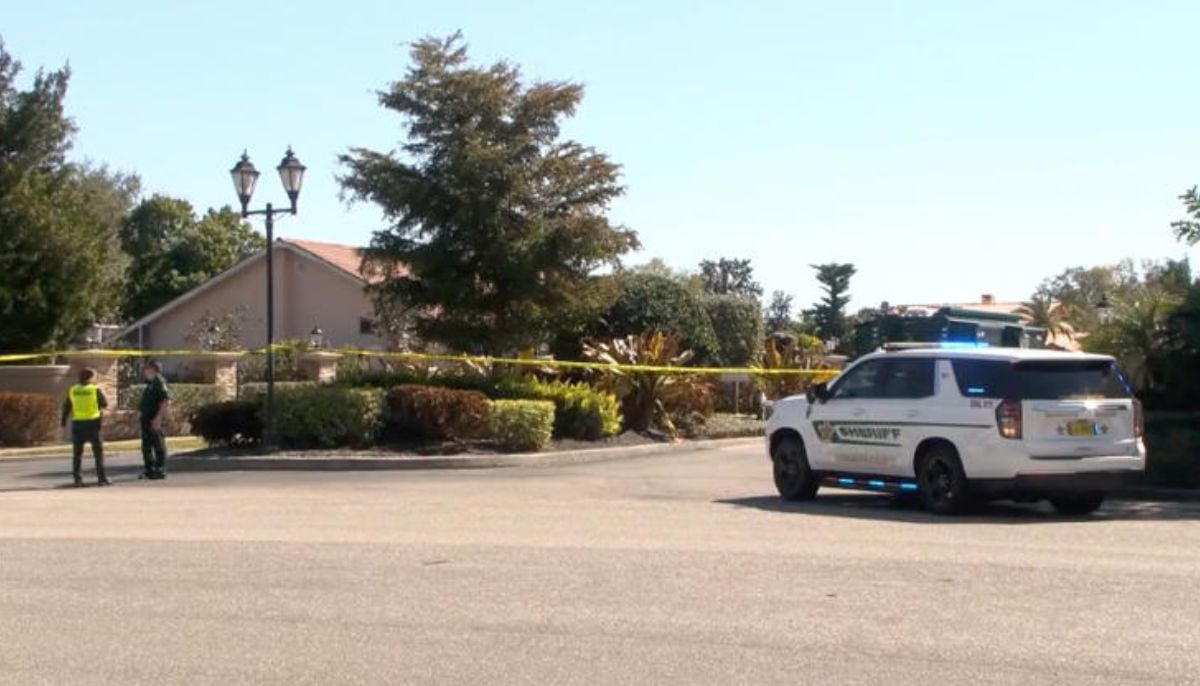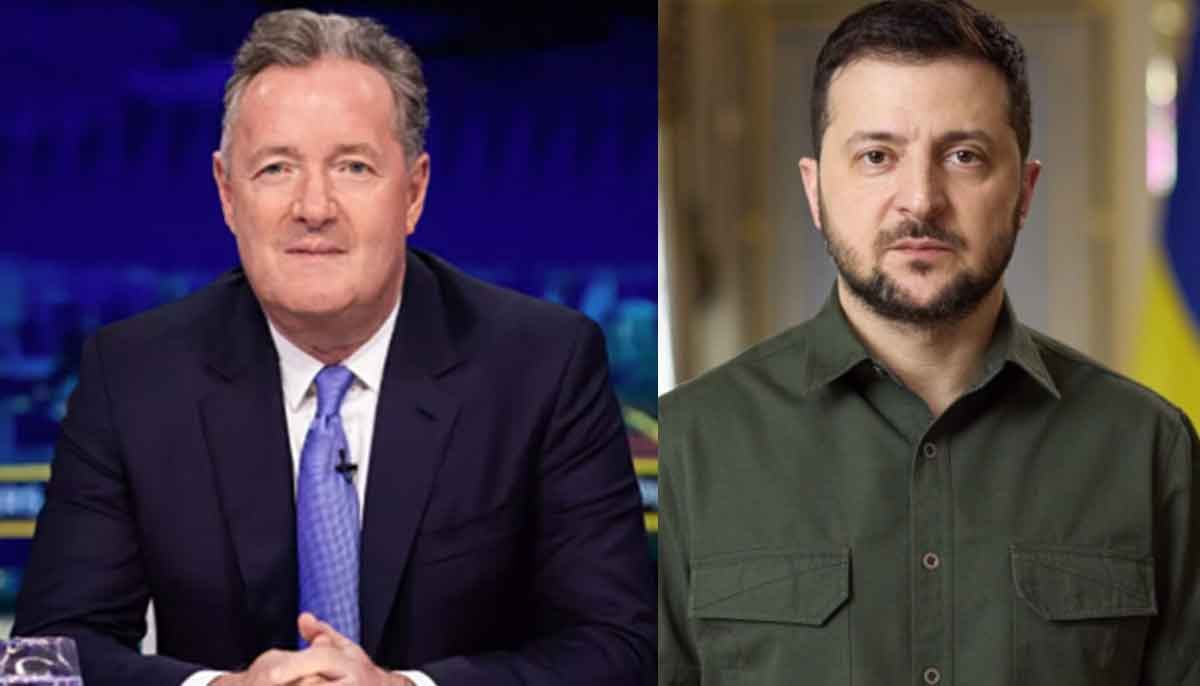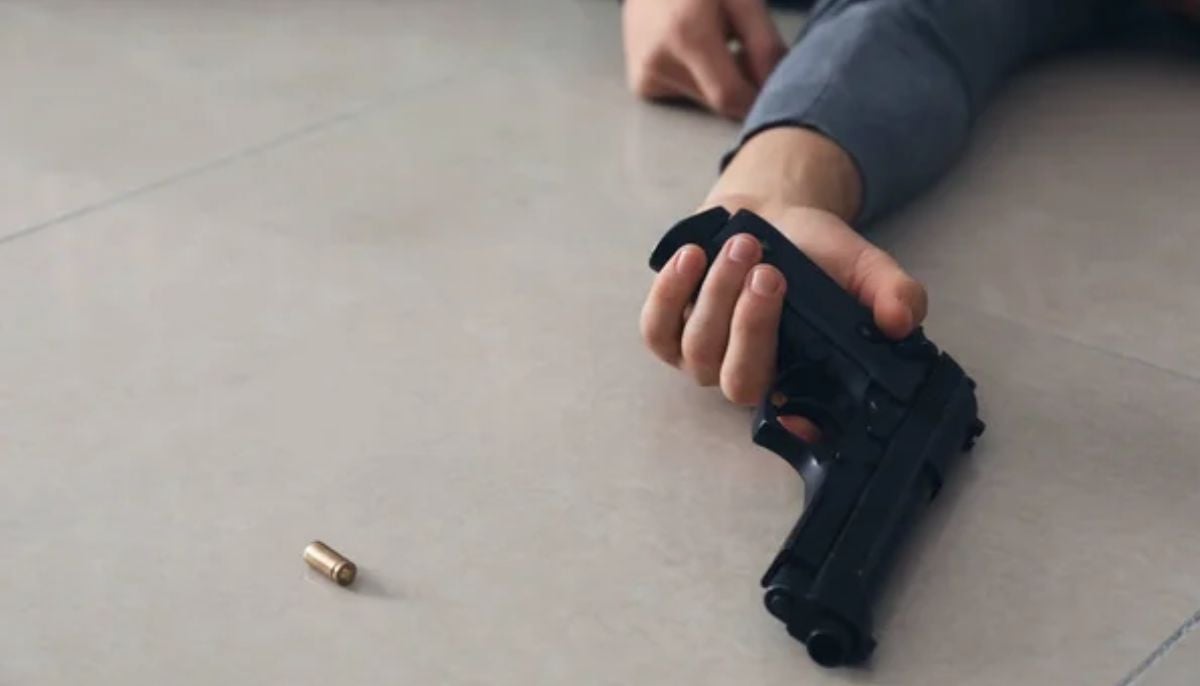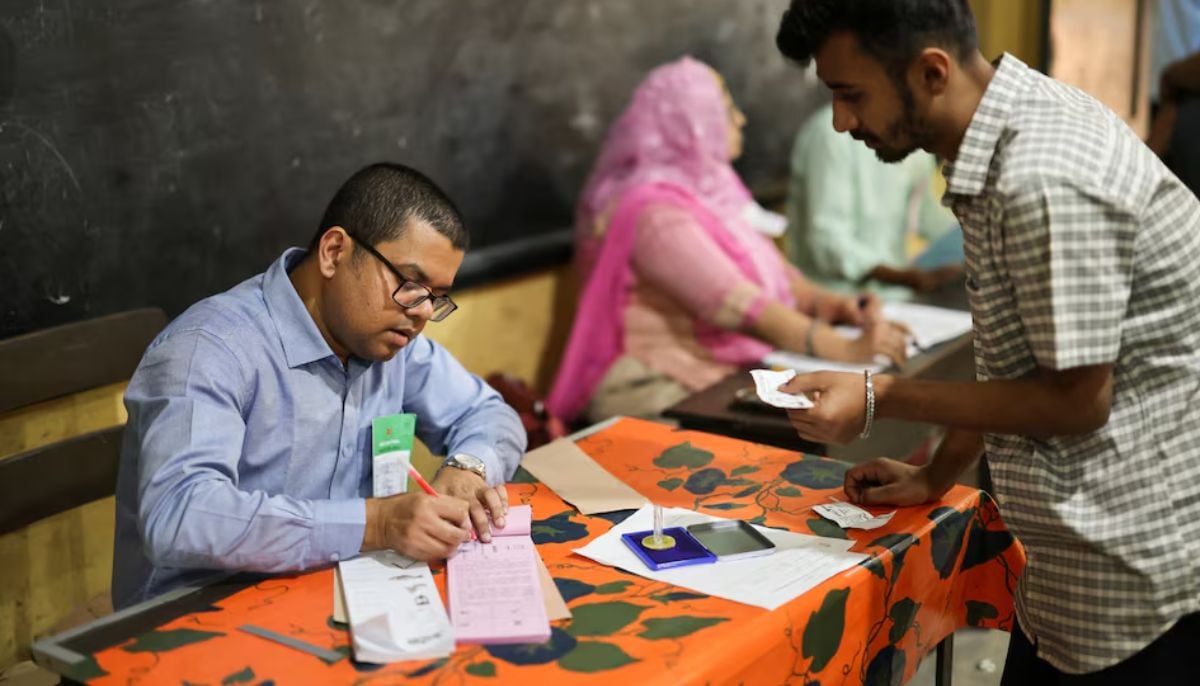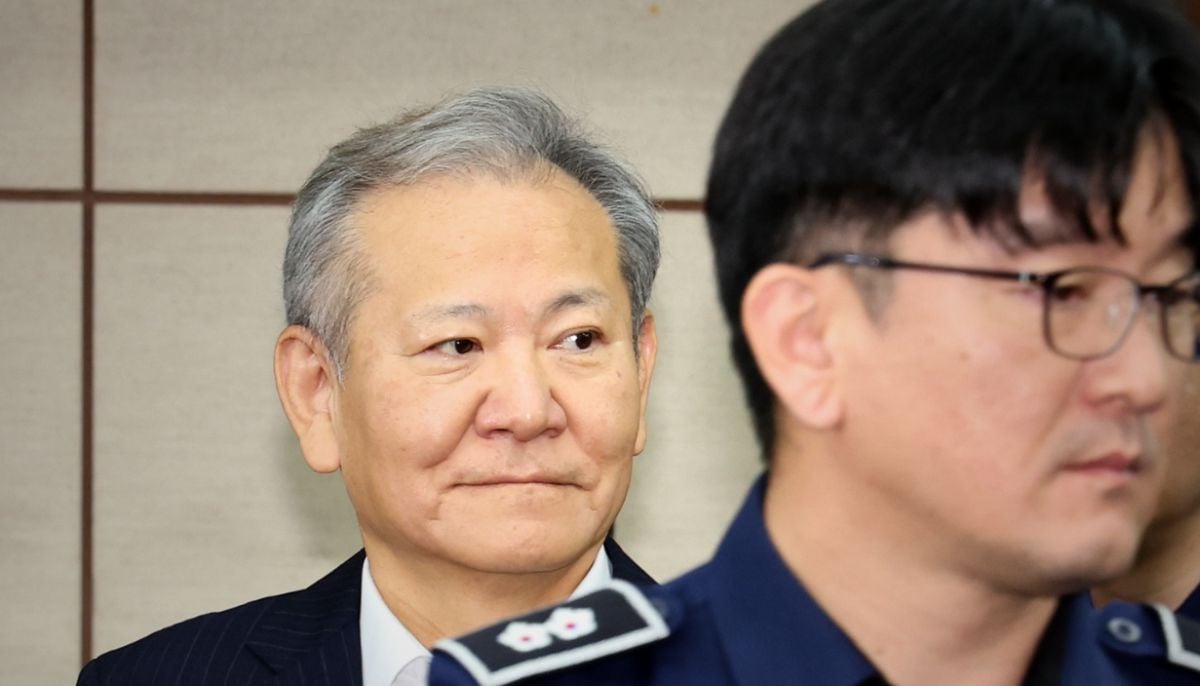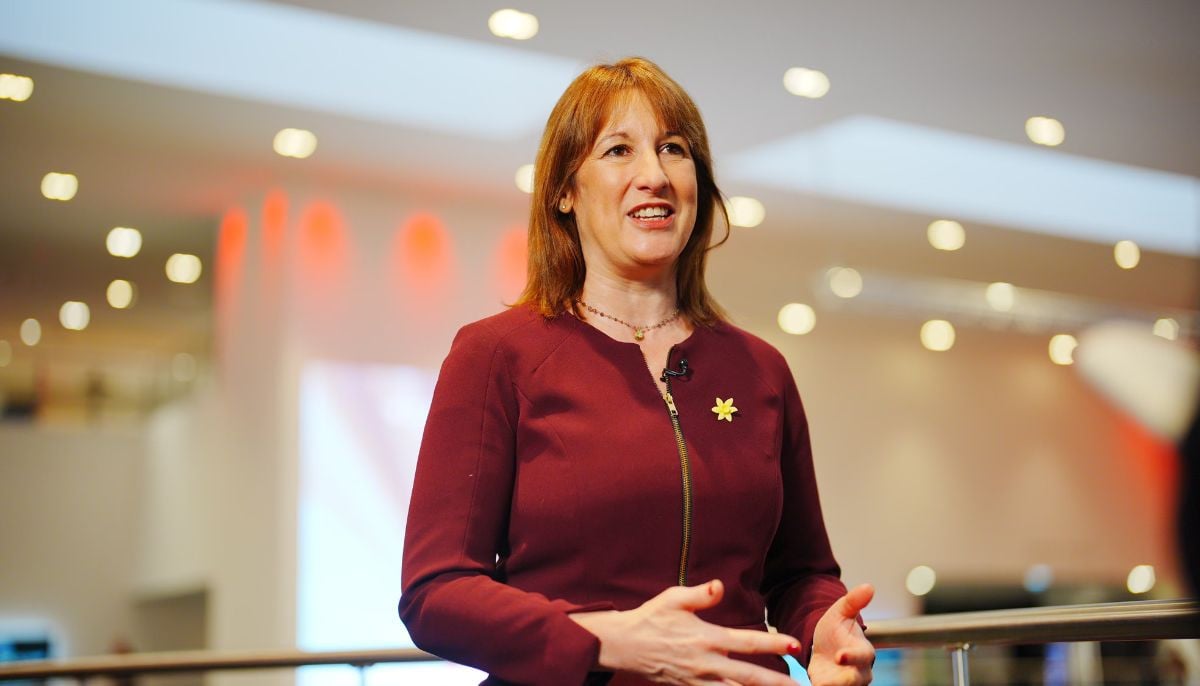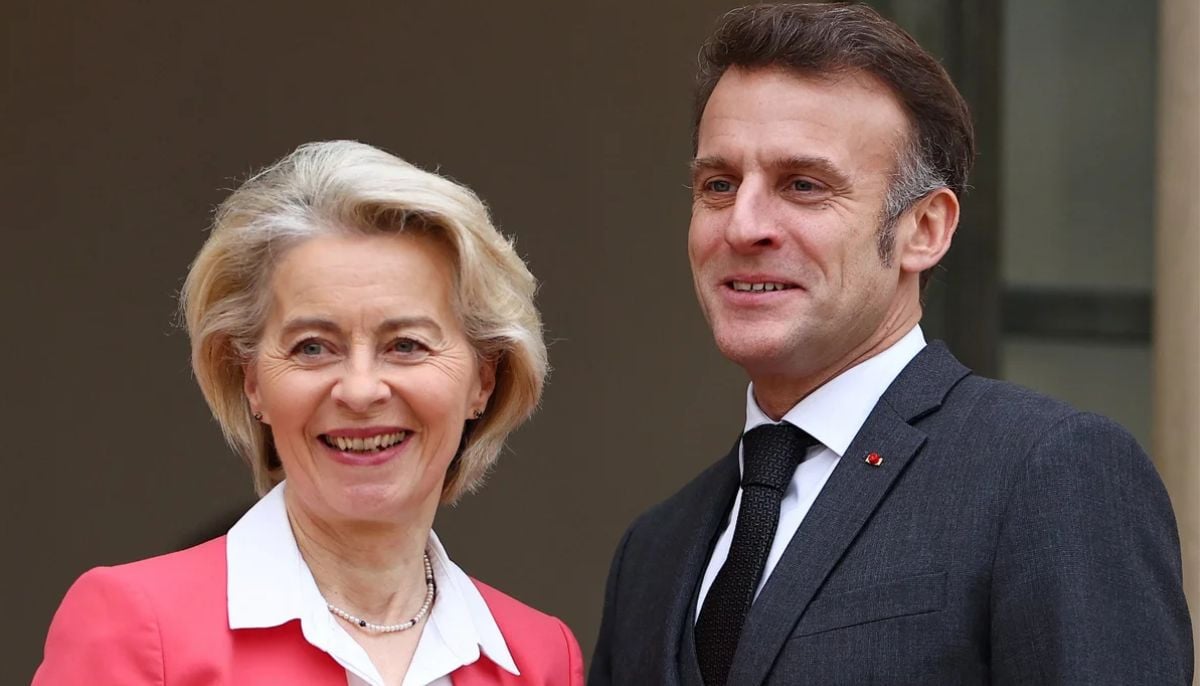Iran vows 'decisive action' on wave of women-led protests
Iranian authorities have yet to state the cause of death of Amini
PARIS: Iran's President Ebrahim Raisi has vowed "decisive action" against the wave of unrest that has rocked the country since the death of young Kurdish woman Mahsa Amini in the custody of the morality police.
Raisi labelled the protests "riots" and urged "decisive action against the opponents of the security and peace of the country and the people", speaking with relatives of a Basij militiaman killed in the city of Mashhad, in a phone call Saturday, his office said.
At least 41 people have died, mostly protesters but including members of the Islamic republic's security forces, according to an official toll, although human rights groups say the real figure is far higher.
Hundreds of demonstrators, reformist activists, and journalists have been arrested since the mostly night-time demonstrations and street clashes broke out after Amini's death on September 16 and then spread to scores of cities.
Security forces have fired live rounds and birdshot, rights groups charge, while protesters have hurled rocks, torched police cars, set ablaze state buildings, and shouted: "death to the dictator".
Iran's largest protests in almost three years have been led by women and driven not by classic political or economic grievances but by anger over the Islamic republic's strictly enforced gender-based dress code.
Amini, whose Kurdish first name is Jhina, was arrested on September 13 for allegedly breaching the rules that mandate tightly-fitted hijab head coverings and which ban, among other things, ripped jeans and brightly coloured clothes.
Some Iranian women protesters have since taken off and burnt their hijabs in the rallies and cut off their hair, some dancing near large bonfires to the applause of crowds that have chanted "zan, zendegi, azadi" or "woman, life, freedom".
'Outrage and hope'
Iranian Academy Award-winning filmmaker Asghar Farhadi was the latest to add his voice of support for Iran's "progressive and courageous women leading protests for their human rights alongside men".
"I saw outrage and hope in their faces and in the way they marched in the streets," he said in a video message on Instagram.
"I deeply respect their struggle for freedom and the right to choose their own destiny despite all the brutality they are subjected to."
The world has learnt of much of the turmoil and violence through shaky mobile phone footage posted and spread on social media, even as authorities have throttled internet access.
One widely shared clip shows a young woman, her hair exposed, struggling with security forces in black riot gear and helmets before she is pushed to the ground, the back of her head hitting the street curb before she gets up and is helped away by other women.
WhatsApp, Instagram and Skype have been blocked and internet access restricted according to web monitor NetBlocks, following older bans on Facebook, Twitter, TikTok and Telegram.
London-based rights group Amnesty International has warned of "the risk of further bloodshed amid a deliberately imposed internet blackout".
Protests abroad have been held in solidarity with Iranian women in recent days in Athens, Berlin, Brussels, Istanbul, Madrid, New York, Paris, Santiago, Stockholm, The Hague, Toronto and Washington, among other cities.
'Foreign plots'
Iran — which is ruled by supreme leader Ayatollah Ali Khamenei, 83, and which has been isolated and hit with sanctions, mainly over its nuclear programme — has blamed "foreign plots" for the unrest.
It has also organised large rallies in defence of the hijab and conservative values, and another pro-government rally was set to be held Sunday in Enghelab (Revolution) Square in central Tehran.
The main reformist group inside Iran, the Union of Islamic Iran People's Party, has called for the repeal of the mandatory dress code and the winding down of the morality police.
The party — led by former aides of ex-president Mohammad Khatami, who oversaw a thaw with the West between 1997 and 2005 — also called on the government to "authorise peaceful demonstrations" and release those arrested.
Human rights groups based abroad have sought to shine a light on the turmoil rocking Iran, with reporting from their own sources in the country.
Oslo-based group Iran Human Rights has put the death toll at 54, excluding security personnel.
Iranian authorities have yet to state the cause of death of Amini, who activists say died as a result of a blow to the head.
Interior Minister Ahmad Vahidi has insisted Amini was not beaten and that "we must wait for the final opinion of the medical examiner, which takes time".
-
Las Vegas father shoots daughter's boyfriend, then calls police himself
-
'Fake' sexual assault report lands Kentucky teen in court
-
Woman arrested months after allegedly staging husband’s murder as suicide
-
Bangladesh sees high turnout in landmark national election
-
Lufthansa cancels hundreds of flights amid pilot and cabin crew strike
-
South Korea ex-interior minister jailed for 7 Years in martial law case
-
UK economy shows modest growth of 0.1% amid ongoing budget uncertainty
-
EU leaders divided over ‘Buy European’ push at Belgium summit: How will it shape Europe's volatile economy?
